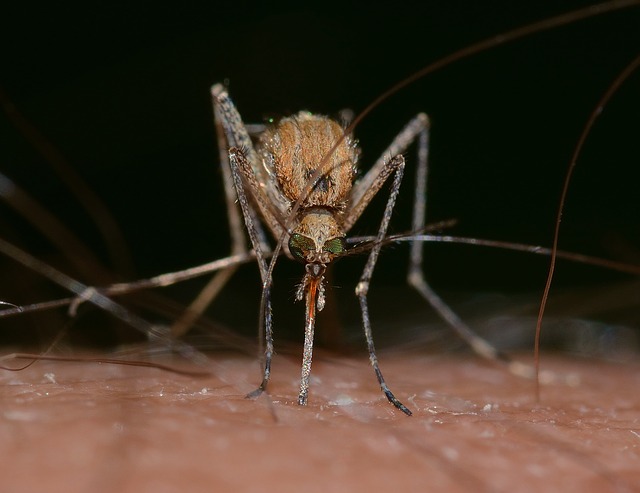The Boston Public Health Commission (BPHC) announced Tuesday that a new case of West Nile Virus (WNV) has been confirmed. The patient, in his 70s, was diagnosed with WNV by testing completed by the Massachusetts State Public Health Laboratory, and is currently hospitalized in Boston.

This is Boston’s first confirmed human case of WNV this year, and the third confirmed in Massachusetts.
WNV is most commonly transmitted to humans through the bite of an infected mosquito, and poses greater health risks to the elderly and those with other medical problems. This year, mosquito pools in the majority of Boston neighborhoods have tested positive for WNV. Though temperatures are beginning to drop, WNV remains a threat until at least the first hard frost.
Residents who are participating in evening outdoor events should take precautions to minimize the risk of a mosquito bite. In addition to using insect repellant when outdoors, especially from dusk to dawn when mosquitoes are most active, BPHC urges people to wear long-sleeved shirts and pants when possible. Residents should also mosquito-proof their home by making sure that their window and door screens are in good repair to prevent mosquitoes from getting inside.
To prevent mosquitoes from breeding, BPHC advises residents to limit places around the home where standing water can collect. People should turn over unused flower pots, buckets, wheelbarrows, and garbage cans; remove leaves and other debris that can clog gutters and trap water; dispose of or cover old tires; and cover swimming pools when not in use. The City of Boston, in partnership with the Suffolk County Mosquito Control Project, has placed larvicide in catch basins in the city, a process designed to reduce the adult mosquito population.
Nationally, the Centers for Disease Control and Prevention (CDC) has reported 868 cases of West Nile virus disease in people, including 25 fatalities.
Related:
- CDC: ‘Our last line of defense against gonorrhea is weakening’
- Zika testing: Quest Diagnostics to offer MAC-ELISA and molecular assays
- Taiwan: Salmonella outbreak, dengue fever and the 1st enterovirus death
- Hong Kong confirmed measles-free
- Pawtucket resident is 1st human West Nile virus case in Rhode Island


2 thoughts on “Boston reports 1st West Nile virus case of 2016”